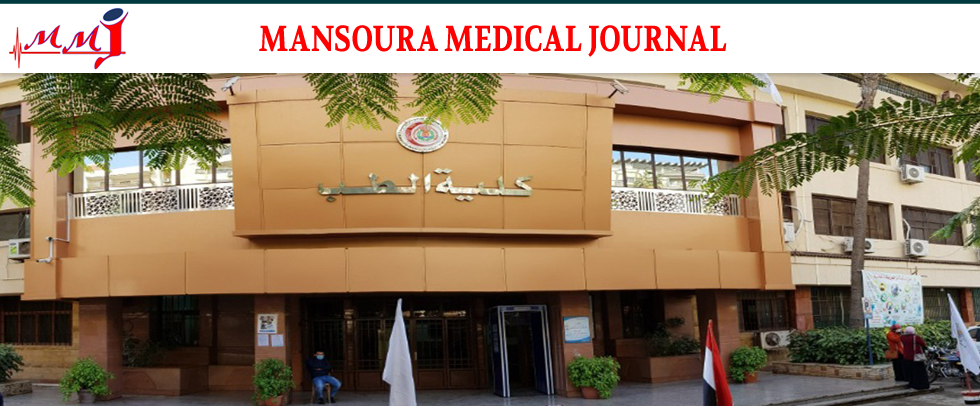Article Type
Original Study
Abstract
BackgroundIn the past few years, muchprogress has been made in the understandingof how people maintainbodyweight and how energy homeostasisis affected. Many homeostasticprocesses including appetite andfoodintake are controlled by neuroendocrinecircuits involving theC.N.S.Mean while the C.N.S. maydirectlyregulates adipocyte metabolism. ObjectiveIn this work we aim to show andprove that central ghrelin in physiologicalnot pharmacological doseplaysan important role in maintenanceof energy homeostasis. Methods 2 sets of experiments werecarried out to investigate both theacute and chronic effects of intrace- rebroventricular Ghrelin on energyhomestasis and adipocyte metabolism.Each set of experiment include3groups, each group consists of 8rats:group A (control group) : Were injecteddaily with saline in a dose of 5MLsaline, group B (physiologicaldosegroup) Were injected daily withghrelinin a dose of 2.5 nmol, group < br />C(pharmacological dose group):Wereinjected daily with ghrelin in adoseof 4 nmole. For all groups,sampleswere collected both in thefastingand in the postprandialstates. In the acute study, the rats weresacrificed after 24 hours and in thechronic study, the rats were sacrificedafter 6 days. In all chronicgroupsbeside the blood samples:theepididymal white adipose tissuewasdissected for estimation of trigly- ceride content, weight measurementand histological analysis, mRNA expressionof the lipoprotein lipase enzyme,the carnitine palymitoyl transferaseenzyme, UCP2 and the UCP1ResultsGroup B (physiological dose) inthe acute study: plasma glucose,free fatty acids and triglyceridesshowed significant increased ascompared with the control group < br />(group A) while in the postprandial itshowed significant decrease in allthese parameters as compared withthe control group and in the pharmacologicaldose showed significantincreasein fasting plasma glucose,plasmafree fatty acids and insignificantchange in triglyceride level ascomparedwith the control group. However in the chronic studythe pharmacological doses showedinsignificant change in plasma glucosewhile significant decrease inplasmafree fatty acids and triglycerideas compared with the controlgroup.The physiological dose bychronicstudy showed significant increasein plasma glucose and nonsignificantchange in plasma free fattyacids and triglycerides as comparedwith the control group. Also in the pharmacological group (gpC)showed an increase in the bodyweight an increase in epididymalWAT tissue weight gain and triglycerideconcentration in WAT tissue,AlsogpC showed significant increasein mRNA level of lipoproteinlipase(increase by 200% of control),significantdecrease in mRNA levelofcarnitine palmitoyl transferse ?(decreaseby 60% of control), significantdecrease in mRNA level ofUCP1(decrease by 60% of control)andsignificant increase in mRNAlevelof UCP2 (increase by 50% ofcontrol). ConclusionCentral ghrelin in its physiologicalconcentration has a subtle effectwhich enables it to maintain constantfat stores. Central ghrelin in thepharmacological dose enhances triglyceridestorage and decrease levelofenergy expenditure thus it causesa+ve energy balance and also itmayworsen a diabetic state.
Recommended Citation
A. Elwakeel, Gehan; B. Abdou, Vivian; and Ahmed Shaker, Gehan
(2015)
"ROLE OF CENTRAL GHRELIN IN MAINTAINING ENERGY HOMEOSTASIS,"
Mansoura Medical Journal: Vol. 44
:
Iss.
1
, Article 7.
Available at:
https://doi.org/10.21608/mjmu.2015.124269
Creative Commons License

This work is licensed under a Creative Commons Attribution 4.0 International License.



